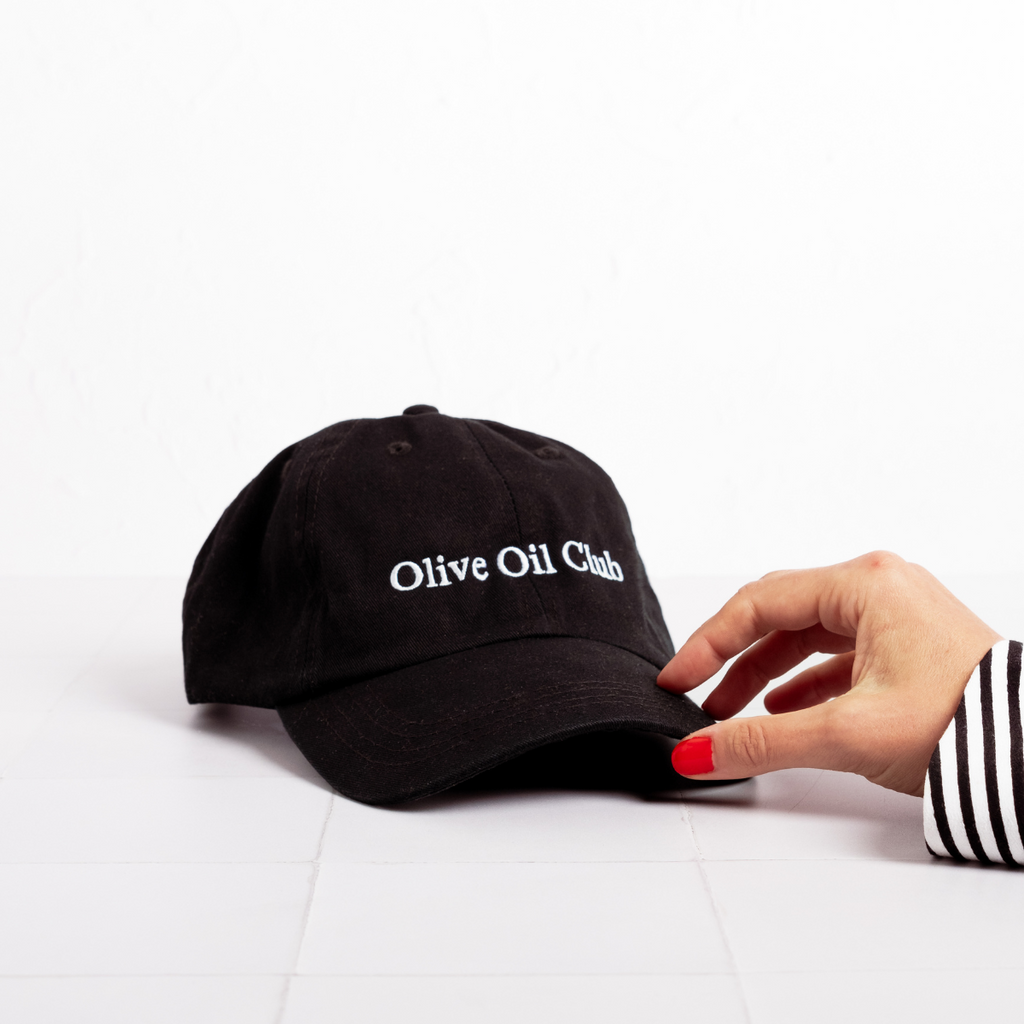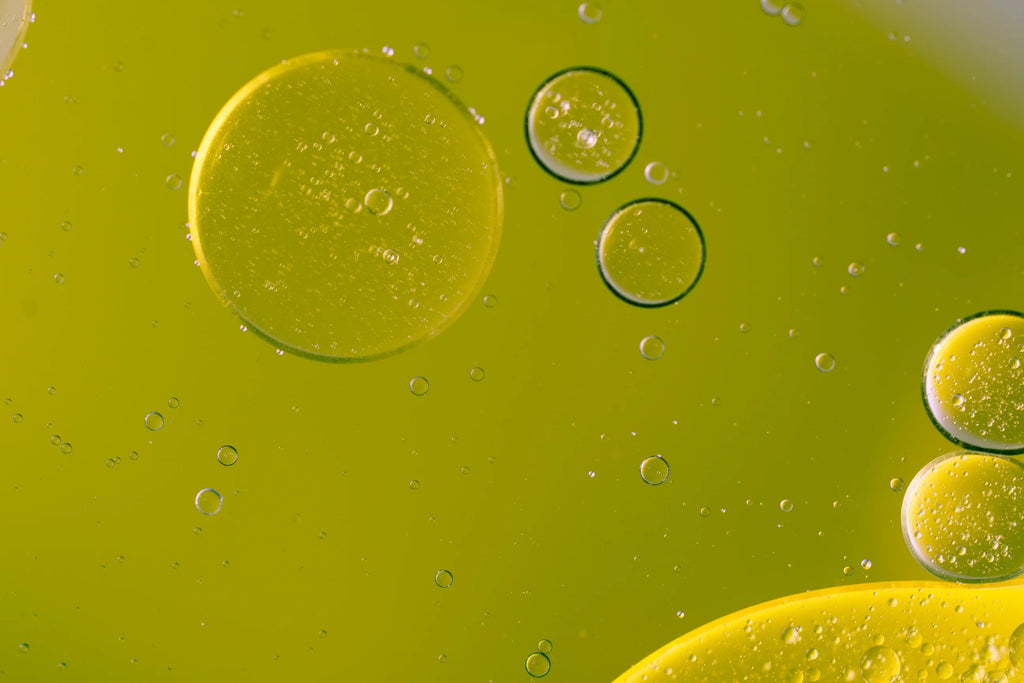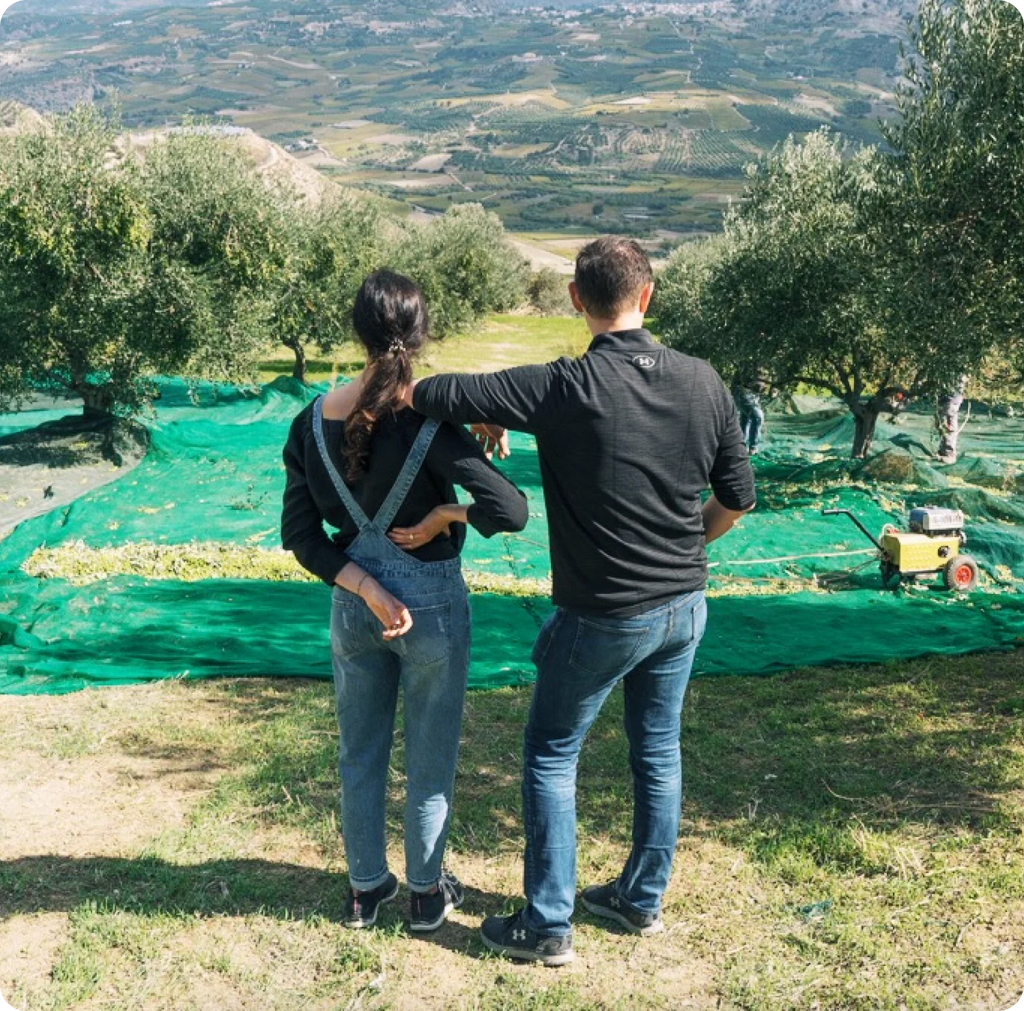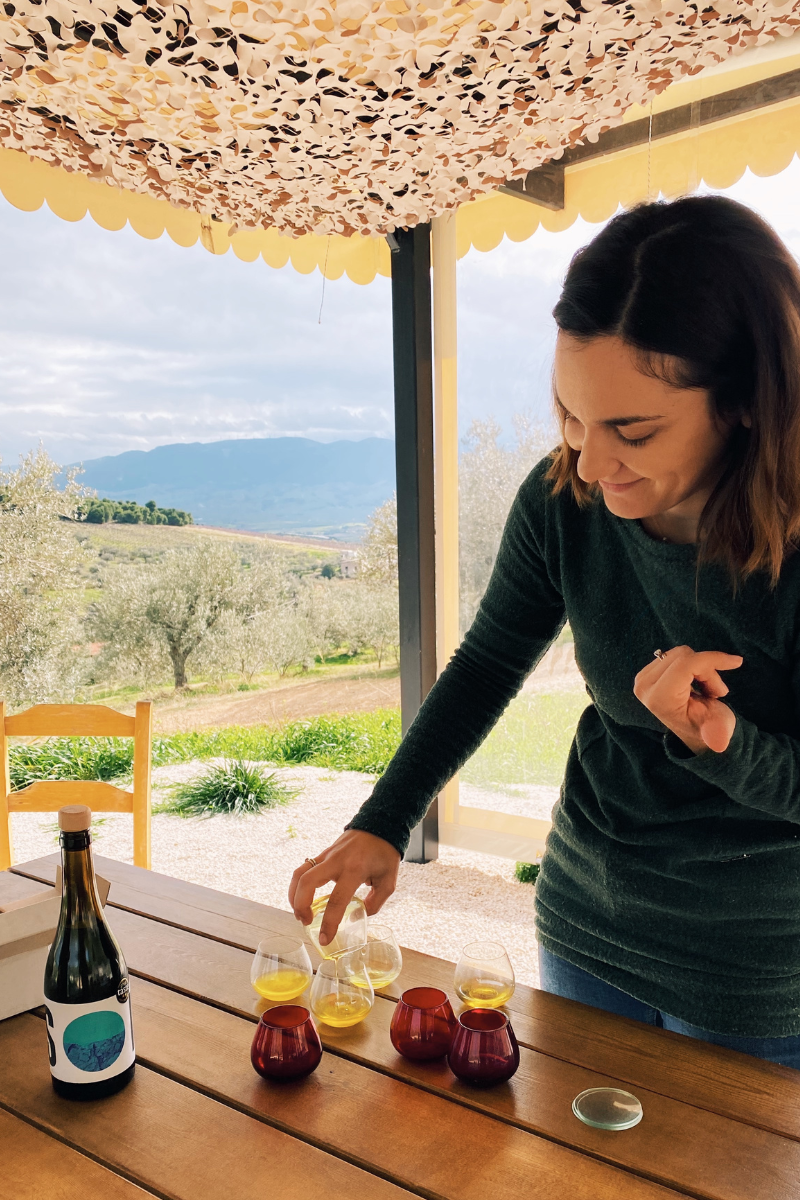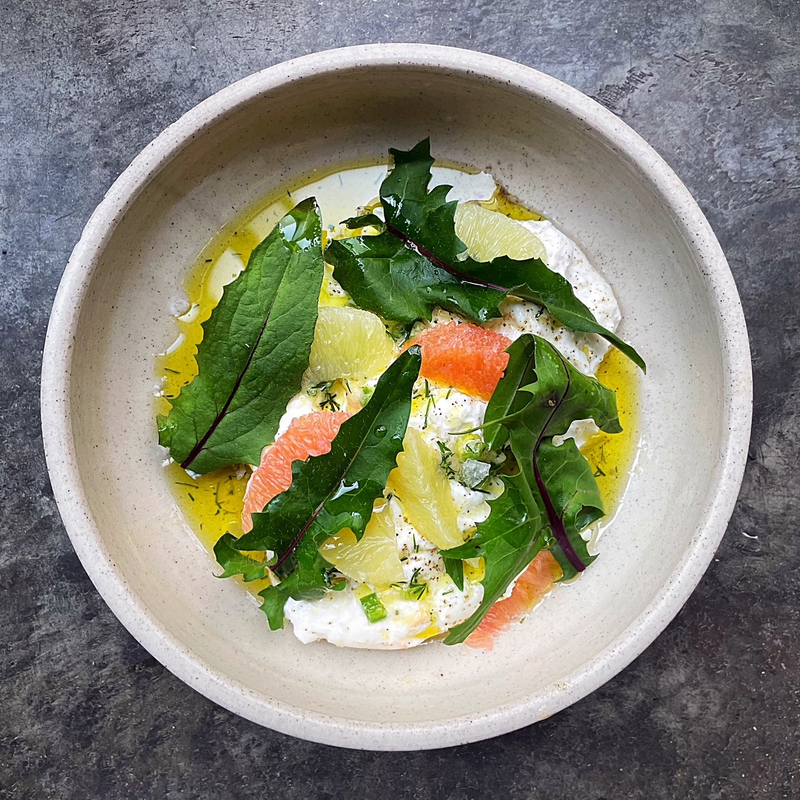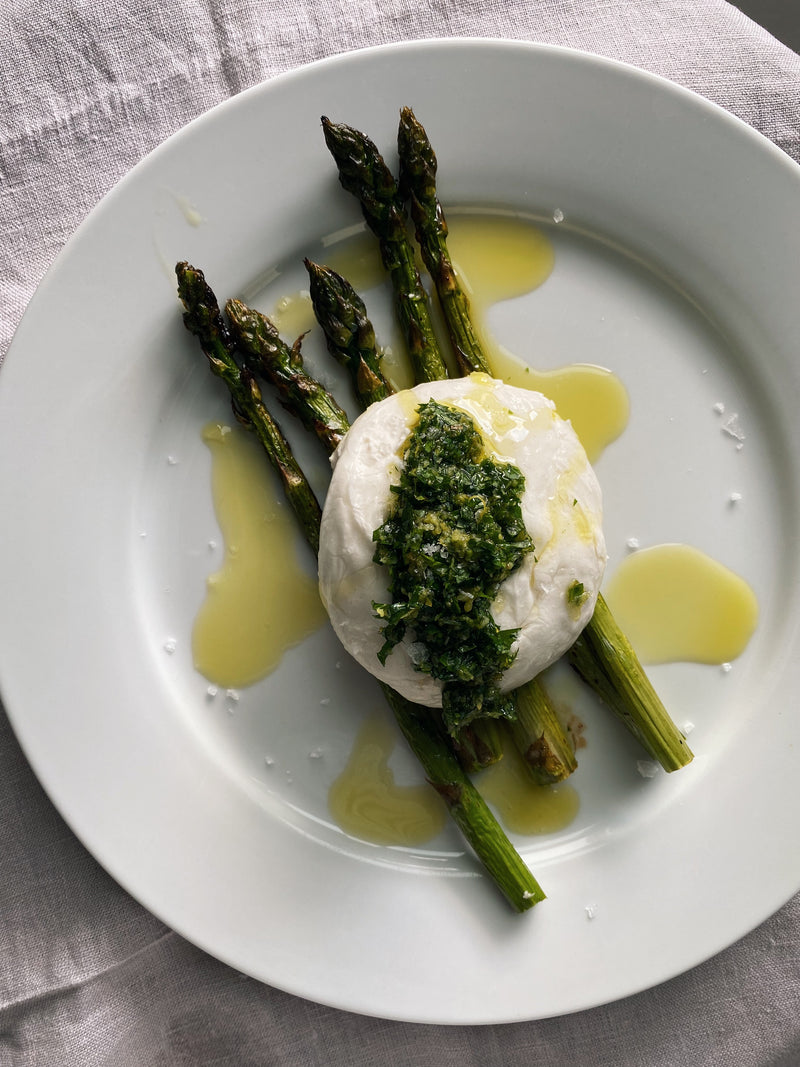The olive oil 'fridge test': If only
If it sounds too good to be true, it probably is.
This article was written by Alexis Kerner, a leading international olive oil expert & environmental scientist and edited by the Citizens of Soil team.
If true, the "fridge test" would single handedly solve most of the problems of extra virgin olive oil producers, taster, retailers and importers alike.
Sadly, it is not that simple. And the only rule to follow here is this: if you think it is too good to be true, then it probably is.
An olive oil scientist once told me that those committing olive oil fraud are always one step ahead of our efforts to detect the illegal activity. If Miss Marple has taught us anything, it is that the criminal is usually one step ahead of the detective.
There are methods to detect fraudulent olive oils that involve laboratory analysis of the fat profile and more recently and even more promising—tests that can show the DNA of the oil and its cultivar. The latter is extremely useful in not just determining if the oil is not just olive oil but also if it is traceable to the variety claimed on the bottle.
The bad, but somewhat unsurprising news is, these expensive and technical laboratory tests cannot be achieved in your refrigerator.

The claim and the fame.
Most people would agree that TV personalities, social media influencers, and politicians are not experts in all fields. It is clear that when the olive oil world fails to define itself, others define it for us.
Every Tom, Dick and Dr. Oz seem to be an expert on a product they really have no idea about. Their fame gives them a valuable world stage to voice their unscientific, laptop-based opinions. Back in the day they would be the guys riding through the towns of the Wild West selling snake oil from their covered wagons.
Dr. Oz, a famous TV personality, past-life surgeon, and wannabe American politician got on TV and assured the audience that they could simply put the olive oil in the fridge to determine if it was really authentic. He was soon hit with a lawsuit over the false and misinformed claim by the North American Olive Oil Association, but the damage was already done.
Like feathers in the wind, his words spread around the globe. Looking for a trusted source and a quick answer, consumers soon took this as fact for an easy fix to their grocery quandary.
The truth and reality about olive oils.
If you have purchased multiple extra virgin olive oils you will know that each one is different.
Flavour, viscosity, colour, pungency, and bitterness can all vary. Even from year to year, a high-end olive oil from the same producer with the exact same variety will have a different taste profile.
Each olive oil has a unique footprint. Its olive variety, where it was cultivated, when it was harvested, and how it was milled will all play an essential role on the olive oil’s final profile.
These factors will also dictate whether it will solidify in your kitchen fridge.
As they say, there is a grain of truth in every joke. This myth perhaps stems from the idea that olive oil is generally higher in monounsaturated fat than other oils, and this component solidifies at fridge temperature.
Fats, like sunflower oil, that are higher in polyunsaturated fat do not solidify at these temperatures and need much colder environments to congeal.
However, the problem is that extra virgin olive oil is not a monolith. Some are high in monounsaturated fat and others contain larger percentages of polyunsaturated fat.
Additionally, olives have a natural wax to their skin that can also present solids in the olive oil. If an olive oil is filtered, at a cool temperature when these waxes are more congealed, they can be removed more easily from the product.
It is important to note that visually they may create a cloudy appearance in the oil but waxes do not affect the end quality of the oil. Filtering, however, can help to remove olive solids and moisture from the oil that will degrade the oil over time.

Three ways to ensure authenticity with extra virgin olive oil.
1. Purchase from a reliable source.
Do a little research. It can be fun to know where your olive oil is coming from. Look online and check out the producer or seller. Smaller producers that demonstrate they are caring for the environment and exhibit passion for their product are almost always the real deal.
2. Look for the variety on the label.
Would you purchase a wine that just says wine? Or do you look for a white wine made from the Pinot Grigio grape? Like in wine, the variety or varieties listed on the label shows that the producer and or bottling company count on you being an educated consumer. Producers that want educated consumers are not looking to play you as a fool.
3. Learn to taste.
It may sound daunting. Who has time to learn to taste olive oil? It is easier than it seems to get a know how on the basics.
Pour some into a small glass. Extra virgin olive oil should smell and taste fresh. Look for aromas of fresh fruit like apples, tomatoes and banana. Or it can be grassy and present fresh cut grass or leafy aromas. It should not smell of vinegar, wine or your mum’s closet.
It should have a pungent and bitter taste, both indicators of its healthy phenolic content, unique to extra virgin olive oil.
So, the fridge test is debunked but now you know a bit more about how to tell if your extra virgin olive oil is the real deal. And there's no refrigeration required.
For further reading on this topic.
- Learn how to properly taste EVOO with our sommelier and founder, Sarah's, guide to tasting.
- See what the North American Olive Oil Organisation says about debunking the fridge myth.
- Read the report "Refrigeration is not reliable in detecting olive oil adulteration" in full from the University of California, Davis.
Author — Alexis Kerner
Alexis is an environmental scientist and olive oil expert who has lived in Seville, Spain for over two decades. She holds a degree in environmental studies from Connecticut College and her title as Expert Olive Oil Taster from the University of Jaén and the International Olive Council. Since 2014 she is the owner of The Olive Oil Workshop, through which she offers educational tastings in Seville as well as consultation to producers and buyers. She also served as judge in numerous international olive oil competitions.
Find her at: Theoliveoilworkshop.com









